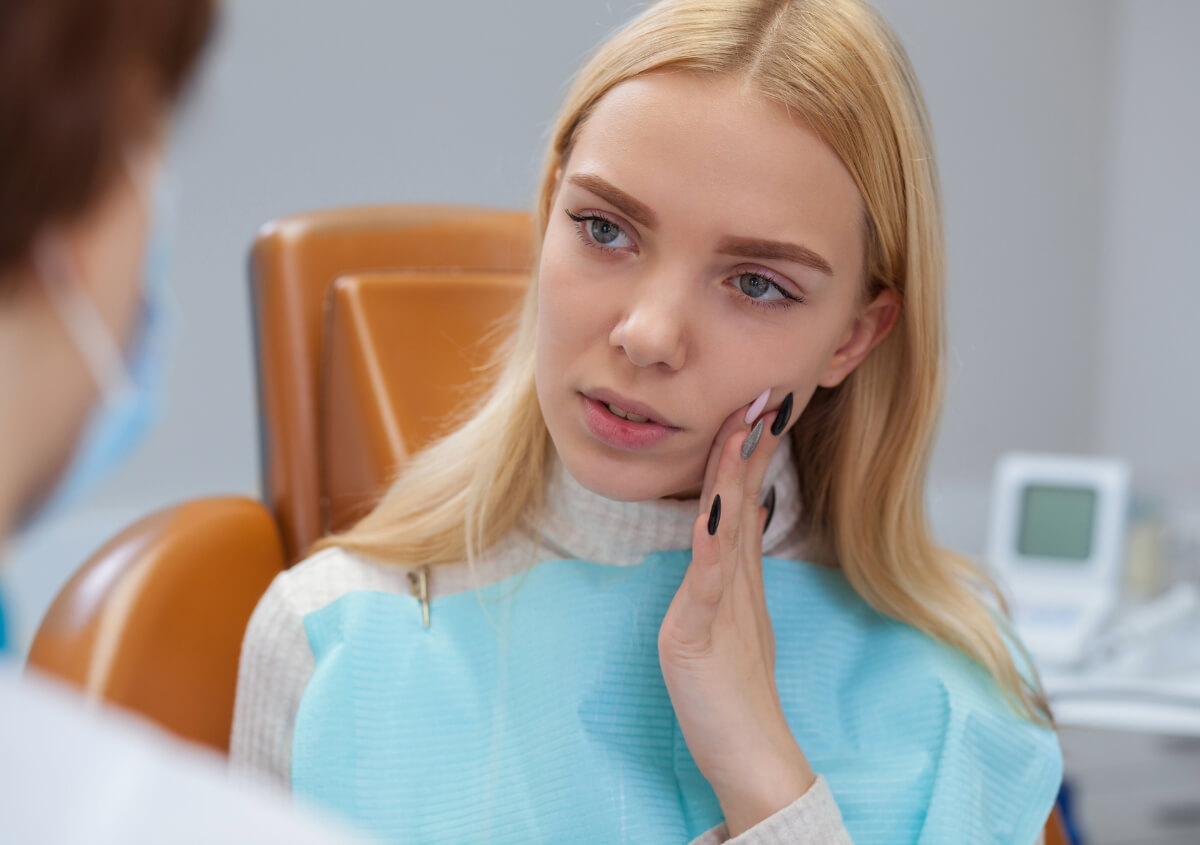What to do when moments matter, A guide to common dental emergencies
Routine visits to Favero Family Dental in Denton, Texas, help to minimize the risks of dental emergencies. Our dentists, Dr. Khourschid Favero and Dr. Stephen Blake Favero protect the teeth and gums from the conditions that often contribute to the need for urgent dental care. However, even with the best preventative care, not all emergencies are avoidable.
Here, Favero Family Dental has highlighted some of the most common emergencies we see and treat at our office. We also provide a few tips on what to do in the event of these problems and how we, as professionals in oral anatomy and function, can resolve pain promptly and restore the healthy structure, function, and appearance of your damaged teeth and tissues.
- A severe and progressively worsening toothache – Toothaches can be caused by numerous different problems, ranging from untreated cavities and worn restorations to deep inflammation or infection at the center of the tooth. We encourage you to contact us right away. In the meantime, before you get to our office, pain can be eased by rinsing your mouth with warm water. Some lingering foods or other debris can be irritating to the affected tooth. So, you may want to remove the offensive substance gently. Depending on what we find, we may be able to preserve your tooth with a new restoration, such as a filling or dental crown. Root canal therapy may also be in order to save a tooth that has sustained severe damage to its pulp and prevent the damage from getting worse and potentially causing a painful abscess.
- A broken or fractured tooth – Like decay, fractures come in many different forms. We may be able to make your tooth “whole” again. But, in the interim, before the dentist can see you, we encourage you to rinse your mouth. Again, warm water works well. If swelling is present, apply an ice pack, cold compress, or even a bag of peas to the affected part of your mouth. Only apply to the outside of the face to reduce swelling. Now, take the parts of the tooth that may have broken off and gently clean those portions, too. You may wish to put these pieces in a Save-A-Tooth® solution or a sealed container of milk. Why milk? It works as an excellent preservative due to its chemical composition. Furthermore, it is vital to keep your tooth moist. We recommend creating a dental first aid kit, which makes it easy to quickly access and store everything from broken restorations to teeth.
- Displaced teeth and dental restorations – Here, too, a Save-A-Tooth® solution or milk is useful. When it comes to teeth that are fully displaced or knocked out (due to contact with the mouth during sports), the tooth may be carefully placed back in the socket. Or, it can be placed in some of the preservatives mentioned here. You do not want the tooth and its tissues to dry out, nor do you want to disturb the tissues attached to the crown or the hard white part of the tooth. Moments truly matter in this situation. The odds of successfully re-rooting the tooth are far greater if we can treat the tooth quickly, ideally within 30 minutes. Your kit may also be fitted with storage containers to safely keep crowns or other dental work that breaks or falls off. Kits may contain specialized dental cement (do not use basic glues!) or other dental adhesives. In a pinch, sugarless gum or toothpaste may be packed into the cavitated area or used to secure crowns in between.
We make every effort to see urgent cases as soon as possible! So, do not delay to call us immediately at (940) 566-2847. If it is an emergency to you, it is an emergency to Favero Family Dental.

Dr. Stephen Blake Favero

Dr. Khourschid Favero
Drs. Khourschid Favero and Stephen Blake Favero are esteemed dental professionals who exemplify expertise, authoritativeness, and trustworthiness. Dr. Stephen Blake Favero, originally from St. Louis, Missouri, earned his undergraduate degree from Brigham Young University and pursued dentistry at the Arizona School of Dentistry & Oral Health. There, he met his future wife, Dr. Khourschid Favero, a UCLA graduate from Simi Valley, CA. The couple, who fell in love during dental school, now proudly serves the Denton, TX, community through Favero Family Dental. They are committed to excellence and utilize cutting-edge dental equipment, offering services from checkups and cleanings to cosmetic procedures and emergency dentistry. Patients praise their personalized, comfortable approach, making Favero Family Dental a trusted choice in Denton County, TX.



